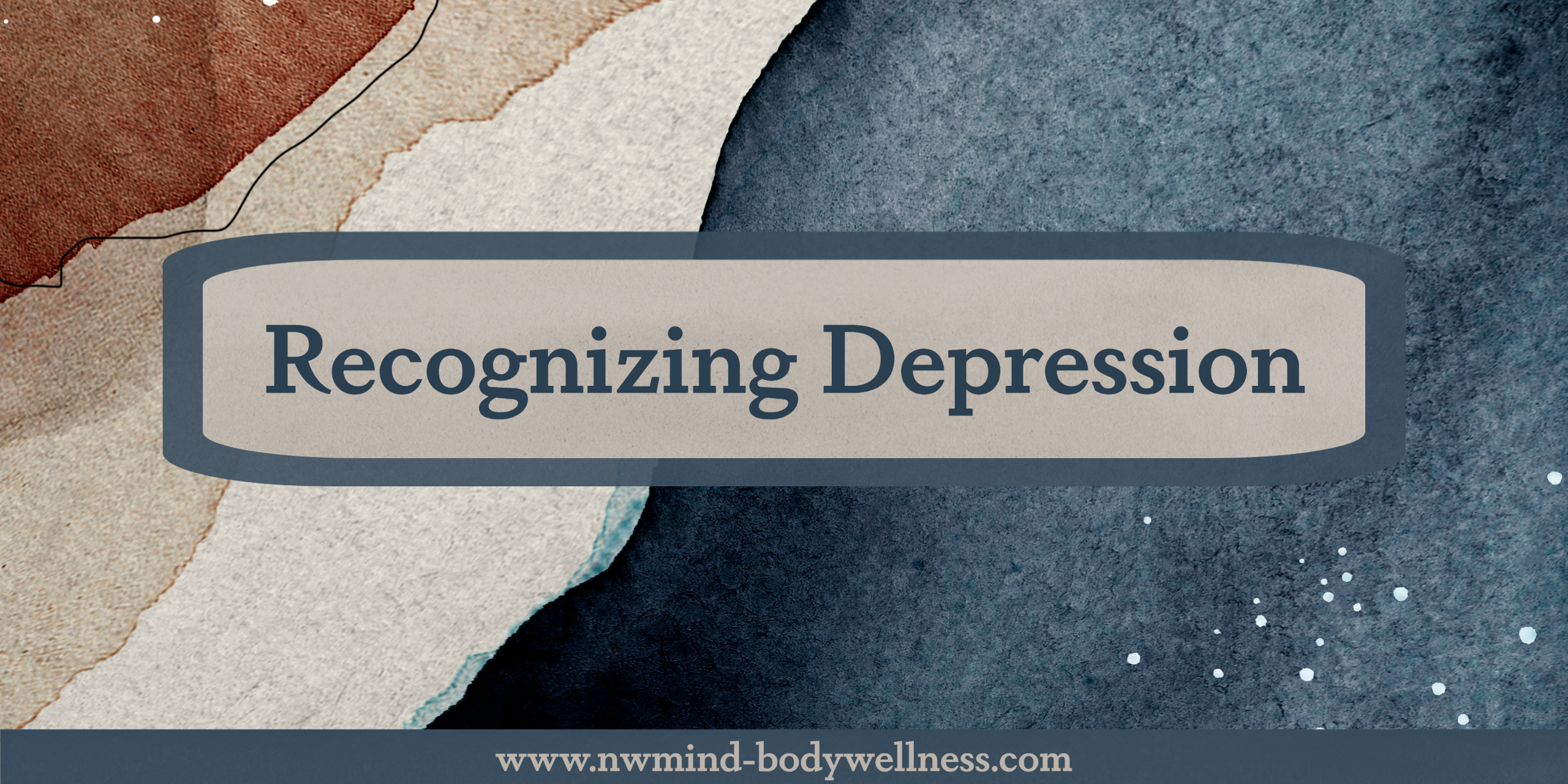Recognizing Depression
Recognizing depression isn’t always easy. However, it is important to know the warning signs of depression so that you can get the help you may need. Symptoms of depression may vary by person, but for many these symptoms interfere with day-to-day life. Depression (major depressive disorder or clinical depression) is more than just a rough patch, but rather a serious mental health condition. Treatment for depression is vital, as when left untreated, symptoms can worsen and further interfere with one’s life.
Depression is one of the most common mental health conditions. NAMI reported that in 2020, at least 8.4% of the U.S. population experienced at least one major depressive episode.
It is important to understand the symptoms of depression so that you can recognize the signs, and get treatment if necessary.
The following includes information on common symptoms of depression, forms of depression, and causes and risk factors.
SYMPTOMS
Depression symptoms vary by person and form of depression. Common symptoms include, but are not limited to:
- Loss of energy
- Lack of interest in activities
- Hopelessness
- Trouble concentrating
- Changes in sleep
- Feelings of guilt
- Change of appetite
- Physical aches and pains
- Suicidal thoughts
COMMON Forms OF Depression
- Major depressive disorder (also known as clinical depression)
- Persistent depressive disorder
- Postpartum depression
- Seasonal affective disorder
CAUSES AND RISK FACTORS
There are many causes and risk factors for depression, current studies within the United States suggest risk factors for depression include a combination of:
- Genetics
- Environmental stress
- Other medical conditions
CRISIS HELP
If you or a loved one is in a crisis, it is important to get help immediately. If in danger of suicide:
- Call 911
- Go to the nearest emergency room
- Call the toll-free, 24-hour hotline of the National Suicide Prevention Lifeline at 988
TREATMENT AND RESOURCES
- To learn more about the signs and symptoms of depression, as well as treatment options, we recommend contacting your health care provider.
- To read more about depression, the following resources are suggested:
Return to home page: https://nwmind-bodywellness.com/
Read more articles: https://nwmind-bodywellness.com/articles/
